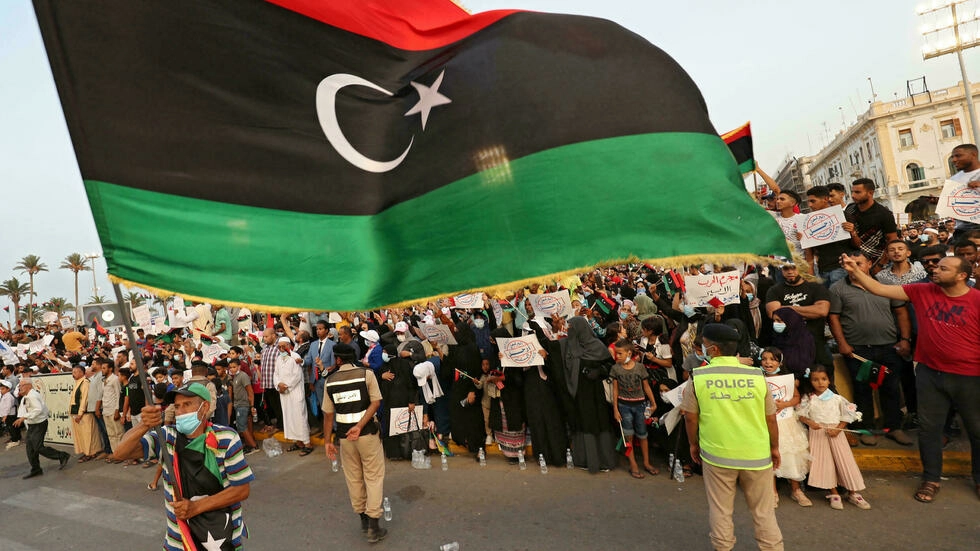Libya’s parliament on Monday passed a law on legislative elections, its spokesman said, ahead of a planned national vote set for December 24 under a United Nations-led peace process.
The law comes less than a month after speaker Aguila Saleh signed off a law for presidential elections to be held the same day — a move opponents said bypassed due process and favoured a run by his ally, east Libyan military chief Khalifa Haftar.
The eastern-based parliament’s spokesman Abdullah Bliheg wrote on Twitter that it had “passed a law on elections to the House of Representatives during Monday’s sitting”.
“The house has completed the legislative work necessary to organise the presidential and legislative elections on December 24,” he then told AFP.
The text of the law was not immediately available.
The parliament said on its website that “by passing the laws necessary for the upcoming elections, the House of Representatives has ended one of the most dangerous phases in Libya’s modern history.”
It said December 24 would be an “electoral wedding feast that draws our nation into a phase of stability, construction, and reconciliation”.
Libya has endured a decade of bloodletting since the 2011 fall of dictator Moamer Kadhafi in a NATO-backed uprising, which unleashed a complex civil war that dragged in multiple foreign powers.
A landmark ceasefire between eastern and western camps last year, following a year-long bid by Haftar to seize Tripoli, paved the way to a UN-backed peace process.
Dbeibah’s unity government took office in March with a mandate to lead the country to the December elections, but wrangling over the legal and consitutional basis for the polls has cast increasing doubts over the process.
The parliament, elected in 2014, last month passed a law stipulating that military officials may stand in presidential polls, on condition they withdraw from their roles three months beforehand.
That would allow for a presidential run by Haftar, whose forces control eastern Libya, where the parliament is based, as well as parts of the south.
Haftar said on September 22 he was suspending his military activities, a step which could lead to his candidacy if the elections go ahead.
War crimes
Later in September, parliament passed a no-confidence vote in the Tripoli-based unity government of interim Prime Minister Abdulhamid Dbeibah.
But the High Council of State, the parliament’s upper house based in Tripoli, quickly rejected the vote, contravened an agreement signed in the Moroccan town of Skheirat in 2015.
The council’s head Khalid al-Mishri and Dbeibah both insisted the elections must go ahead.
While Libya has seen a year of relative calm, the security situation remains unsteady and multiple foreign forces are still on the ground despite calls from many sides for them to leave.
A UN investigation revealed on Monday that war crimes and crimes against humanity, including the use of child soldiers, have been committed by all sides in the country’s conflict since 2016.
The Independent Fact-Finding Mission on Libya, established by the UN Human Rights Council, said Europe-bound migrants face abuse in detention centres and at the hands of traffickers, while detainees languishing in horrific conditions are tortured.
It said the unrest in the north African country has had a dramatic impact on Libyans’ economic, social and cultural rights.

